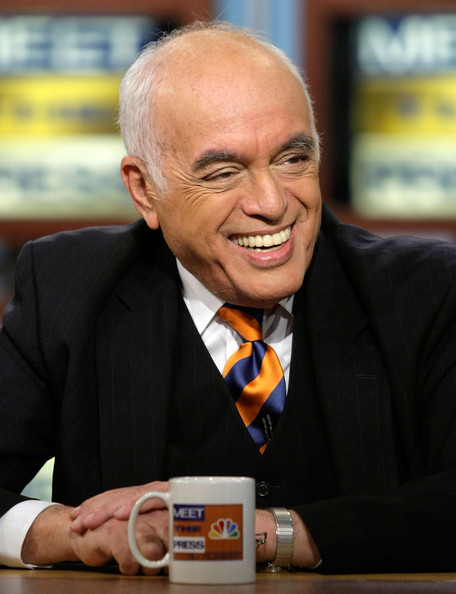Just because something can be done doesn’t make it economical to do. There is a big difference between physics and economics.
Take ethanol. It might seem nifty to grow the fuel for our cars and trucks like we do our food, in fields. But niftiness alone is not enough. Nifty notions, like un-nifty ones, must prove out in terms of all the costs involved.
A growing amount of research shows that ethanol doesn’t cut costs at all.
The most recent ethanol debunker I’ve come across is Robert Bryce, author of a forthcoming book with a provocative title, Gusher of Lies: The Dangerous Delusions of “Energy Independence.” Interviewed on ReasonOnline by Brian Doherty, Bryce offers some fascinating perspectives on energy economics and policies.
- Did you know that for every gallon of ethanol, there’s at least 51 cents of subsidy?
- Had you heard that corn-based ethanol produces more greenhouse gases than does our use of fossil fuels?
- Have you stopped to think about all the water that raising more corn would require, and the increasing expense of getting gargantuan more amounts to farms in the midwest?
These and other considerations lead Robert Bryce to call current ethanol policy a “scam”and “the longest running robbery of taxpayers in American history.”
Some forms of bio-product may be more economically feasible than ethanol, like the biodiesel made from the unused parts of slaughtered animals. But we should wait to see how they cost out, too, without subsidy.
This is Common Sense. I’m Paul Jacob.


